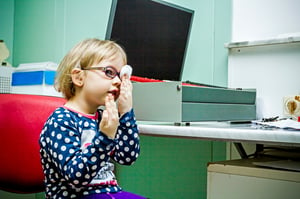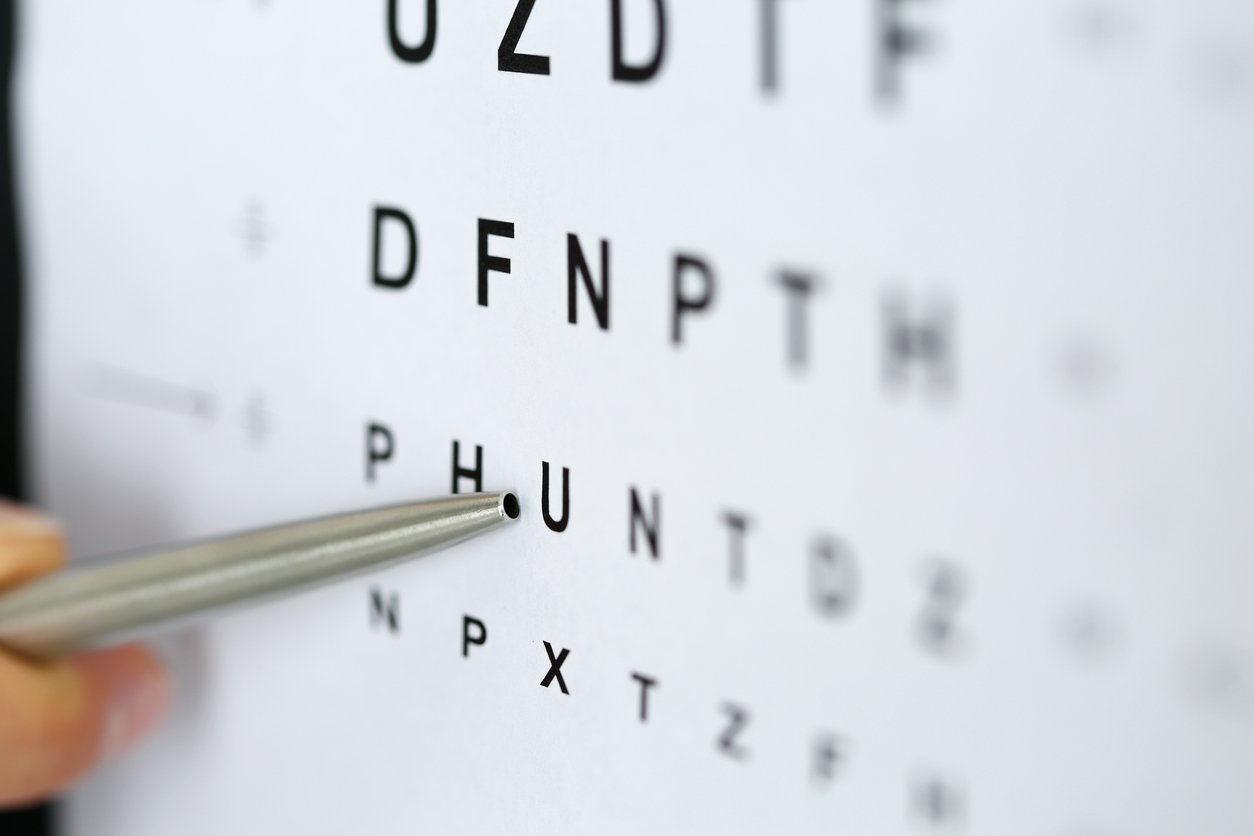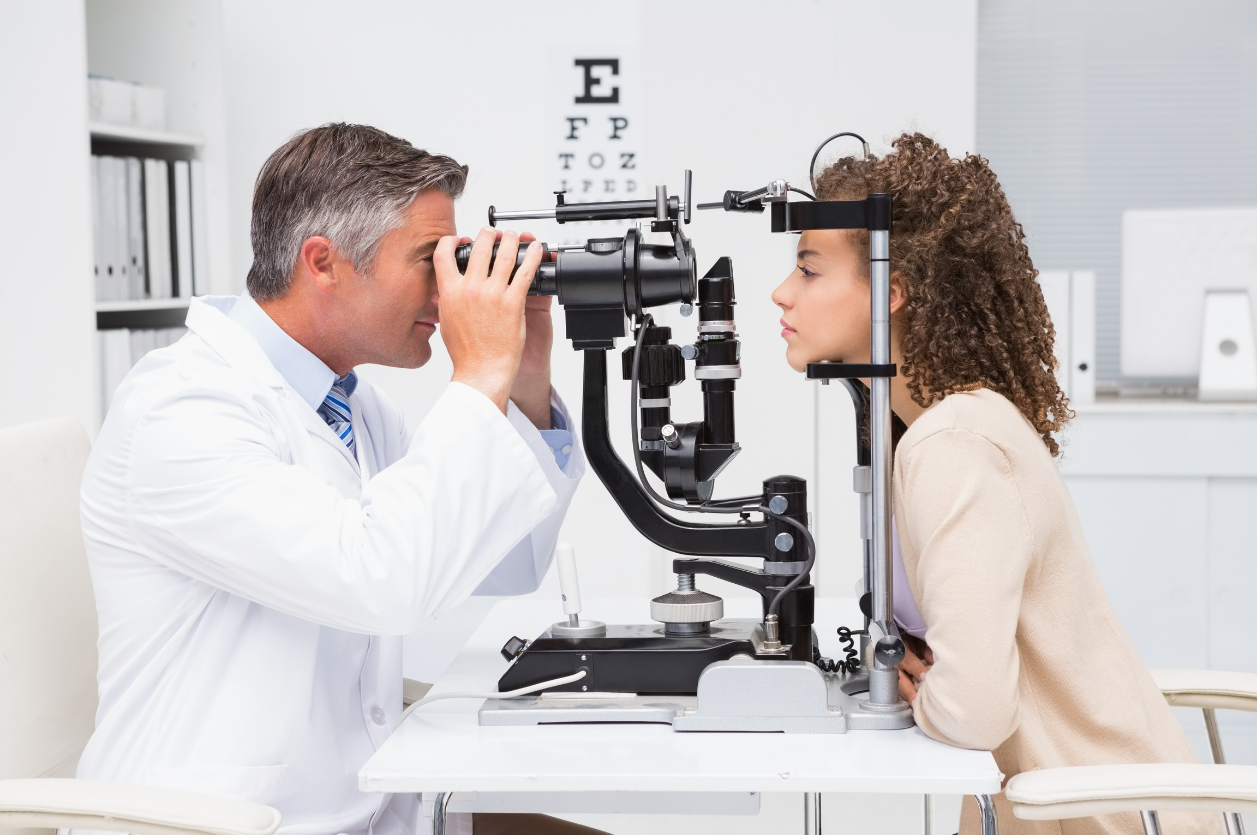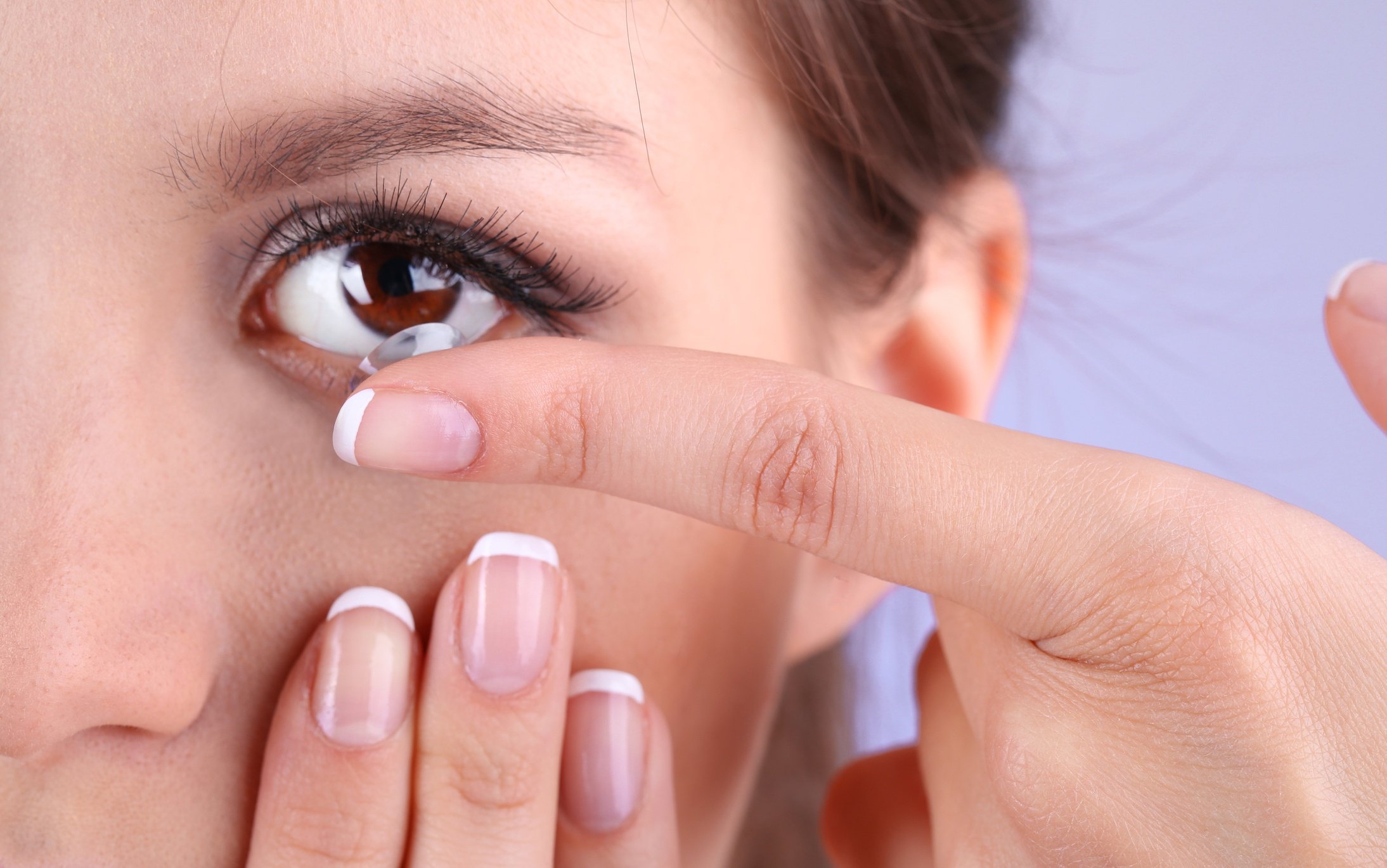Child Complaining About Sudden Double Vision
If your child is covering one eye, squinting to see, moving their eyes from one side to the other, tilting their head, or looking at things from the side, they may be experiencing double vision.
Double vision, or diplopia, is the appearance of objects overlapping each other, or appearing side-by-side.
Types
 There are two types of double vision: monocular and binocular. With monocular diplopia, the child sees double with only one eye open. With binocular diplopia, the child sees double only when both eyes are open.
There are two types of double vision: monocular and binocular. With monocular diplopia, the child sees double with only one eye open. With binocular diplopia, the child sees double only when both eyes are open.
Another form of double vision is called convergence insufficiency. It usually appears along with eyestrain, headache, blurred vision after reading, and double vision with close work, particularly reading.
Causes
Monocular double vision is typically caused by a defect in the eye itself. This can be astigmatism, cataracts, macular degeneration, and even dry eye.
Binocular double vision is most commonly caused by misalignment of the eyes.
Misalignment can be due to strabismus, where the eyes don’t work together. It can also be caused by a number of conditions that affect the nerves and muscles including diabetes, multiple sclerosis, a brain tumor, head injury, and many others.
Treatments
Options for treatment include surgery, vision therapy, medication, specialized lenses, eye patches, and supplements. But before any treatment plan can be developed, you’ll need a thorough review of your child’s symptoms in order to determine the underlying cause.
Diagnosis
The critical element is getting the correct diagnosis. As you can tell from the brief description here, there are different types of double vision, each with a multitude of possible causes. The key is finding the exact cause and building the correct treatment plan.
We Can Help
We have the expertise and experience to identify the underlying causes and build the best treatment plan. Don’t hesitate to give us a call. Let’s get started providing your child the vision care they need.
Use our contact form or call us at 972-612-2099.
Disclaimer: The content on this blog is not intended to be a substitute for professional medical advice, diagnosis, or treatment. Always seek the advice of qualified health providers with questions you may have regarding medical conditions.








